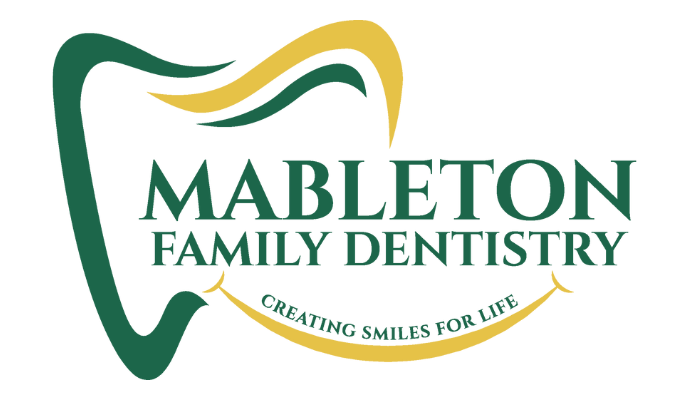Oral Health and Overall Well-being
At Mableton Family Dentistry, recognized as the best dentist in Mableton, GA, we firmly believe that oral health is not just about maintaining a bright smile; it’s a cornerstone of overall well-being.
The Mouth-Body Connection
Oral health is interconnected with overall health, and emerging research continues to highlight the intricate relationship between the mouth and the rest of the body. Issues such as gum disease have been linked to various systemic conditions, including cardiovascular diseases, diabetes, and respiratory problems. Mableton Family Dentistry emphasizes the importance of recognizing and addressing the mouth-body connection for comprehensive health care.
Preventing Systemic Conditions Through Oral Health
Maintaining optimal oral health acts as a preventive measure against systemic conditions. Regular dental check-ups and cleanings at Mableton Family Dentistry not only address oral issues but also contribute to the prevention of potential systemic health problems. By managing gum disease and maintaining a healthy mouth, individuals can take proactive steps toward safeguarding their overall well-being.
Gum Disease and Its Impact
Gum disease, a common oral health concern, can have far-reaching consequences beyond the mouth. It has been associated with an increased risk of heart disease, stroke, and diabetes. Mableton Family Dentistry emphasizes the importance of early detection and treatment of gum disease to mitigate its impact on both oral and overall health.
Oral Health and Cardiovascular Health
Research suggests a connection between oral health and cardiovascular health. Poor oral health, especially the presence of gum disease, may contribute to the development of cardiovascular conditions. Regular dental care at Mableton Family Dentistry becomes a crucial aspect of maintaining not only a healthy smile but also a healthy heart.
Diabetes Management and Oral Health
Individuals with diabetes are more susceptible to oral health issues, and conversely, poor oral health can complicate diabetes management. Mableton Family Dentistry recognizes the bidirectional relationship between diabetes and oral health, emphasizing the importance of integrated care to manage both conditions effectively.
Respiratory Health and Oral Care
Oral health can influence respiratory health, with conditions such as periodontal disease potentially contributing to respiratory infections. Mableton Family Dentistry underscores the role of regular oral care in promoting respiratory well-being and reducing the risk of respiratory issues associated with poor oral health.
Nutrition and Oral Health
The relationship between nutrition and oral health is symbiotic. A nutritious diet supports overall health and contributes to strong teeth and gums. Mableton Family Dentistry educates patients on the importance of a balanced diet for both oral and systemic well-being, emphasizing the role of nutrients in maintaining a healthy smile.
Mental Health and Oral Care
The impact of oral health extends to mental well-being. Issues such as missing or damaged teeth can affect self-esteem and confidence. Mableton Family Dentistry recognizes the psychological aspects of oral health and provides comprehensive solutions, including cosmetic dentistry, to enhance both the physical and mental aspects of a patient’s well-being.
Pregnancy and Oral Health
Oral health is particularly crucial during pregnancy, as hormonal changes can increase the risk of gum disease. Mableton Family Dentistry supports expectant mothers in maintaining optimal oral health, recognizing the potential impact on both maternal and fetal well-being.
Contact Us Today!
As the best dentist in Mableton, GA, Mableton Family Dentistry advocates for the inseparable connection between oral health and overall well-being. Beyond achieving a beautiful smile, prioritizing oral health contributes to the prevention of systemic conditions and fosters a healthier, more vibrant life. Schedule your appointment today and experience the transformative impact of comprehensive dental care on your overall wellness.



